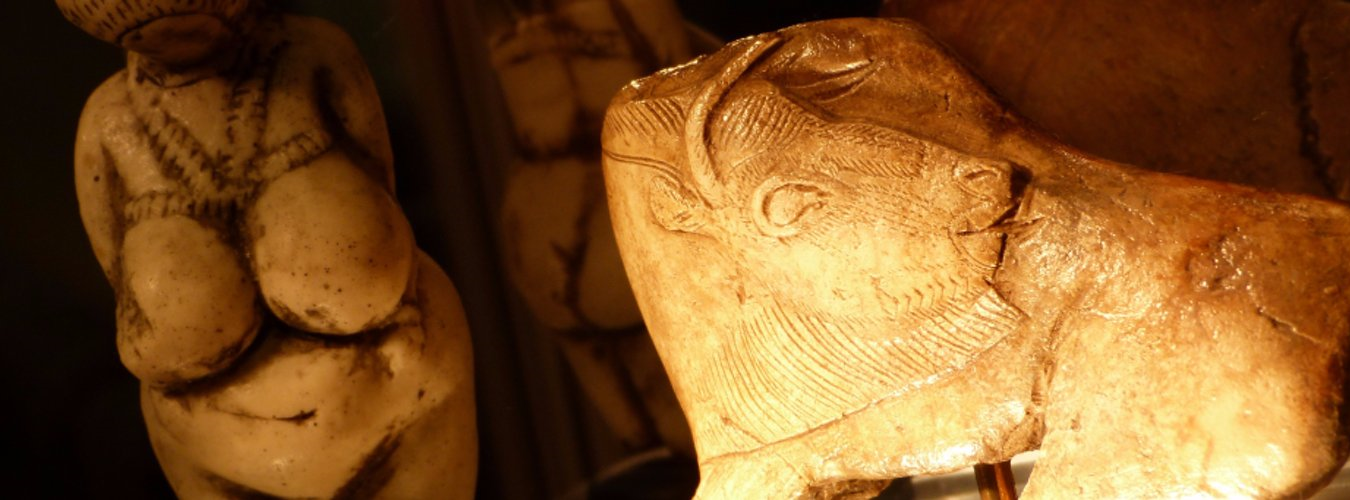Rebecca Ferreira MA, BA (Hons)
Postgraduate Researcher (University of Southampton and University of Reading)
rlf2g13@soton.ac.uk
@ArchaeoMesolent
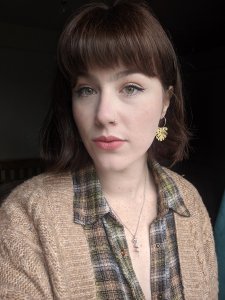
I hold a BA Hons in Archaeology (2013-2016) and a Masters in Maritime Archaeology from the University of Southampton (2016-2018). I began my postgraduate research at Southampton in 2020, following a successful scholarship application to the South, West and Wales Doctoral Training Partnership 2 (SWW DTP2) and am supervised by Dr Rachel Bynoe, Professor Fraser Sturt from the University of Southampton and Professor Duncan Garrow from the University of Reading.
My MA dissertation assessed the impact, both qualitatively and quantitively, that submerged landscape research in the North Sea has had on broader conceptions of the Mesolithic in Northwest Europe. The conclusions of this assessment highlighted that the current state of research in the North Sea has had a limited effect on changing understandings of the Mesolithic in Northwest Europe, particularly in Britain. This seemed to be as a result of the limited research and excavation happening in UK waters. The evidence indicated that there were two steps that needed to be taken in order to have an impact on wider interpretations of the Mesolithic. The first being a clear need for more active investigation, prospection and excavation of submerged Mesolithic sites on a more regionalised and localised scale. The second step, which was the more critical point of departure, was that there was a clear need to integrate both the terrestrial and submerged record. This would allow a re-evaluation that could have the potential to expand our knowledge of the Mesolithic in Britain and Northwest Europe.
Following the completion of my MA in Maritime Archaeology, I worked as a Marine Archaeology Consultant on offshore developments at Cotswold Archaeology and then Maritime Archaeology Ltd (the commercial arm of the Maritime Archaeology Trust). During this time I gained valuable experience supporting offshore developments in the North Sea, English Channel and Irish Sea at various stages of the Environmental Impact Assessment process. I also had the opportunity to research and dive on the site of Bouldnor Cliff, the only in situ submerged Mesolithic site in the UK, located in the northwest Solent and managed by the Maritime Archaeology Trust.
My MA research and my time working as a marine archaeology consultant significantly informed my postgraduate research. Whilst my MA highlighted the broader issues of submerged landscape research in the UK, my PhD intends to move the current research forward from questions of potential to active investigation at a more manageable scale. As a result, my focus shifted away from the North Sea to the Solent and Southampton Waters, on the south coast of Britain. As well as being home to Bouldnor Cliff, the Solent also provides further evidence of numerous finds across the submerged zone and provides an extensive archive of sea-level change data, such as submerged peats suitable for scientific dating. In order to move towards active investigation I have been critically reviewing and re-analysing secondary data, including archaeological, environmental, geological and commercial data from both onshore and offshore contexts. This re-evaluation of the current known record has allowed me to begin to characterise the Mesolithic in the Solent region and also enabled me to start to establish areas of high archaeological potential for the primary data collection phase. The primary data collection will utilise a synergistic approach, building and combining stages of fieldwalking, terrestrial and marine geophysical survey, and geoarchaeological sampling, with responsive and targeted diver survey deriving from these datasets. This research ultimately seeks to add critical time-depth to the understanding of the Mesolithic in the Solent Region as well generate data that can be used more meaningfully to transform the broader understanding of the Mesolithic in Britain.
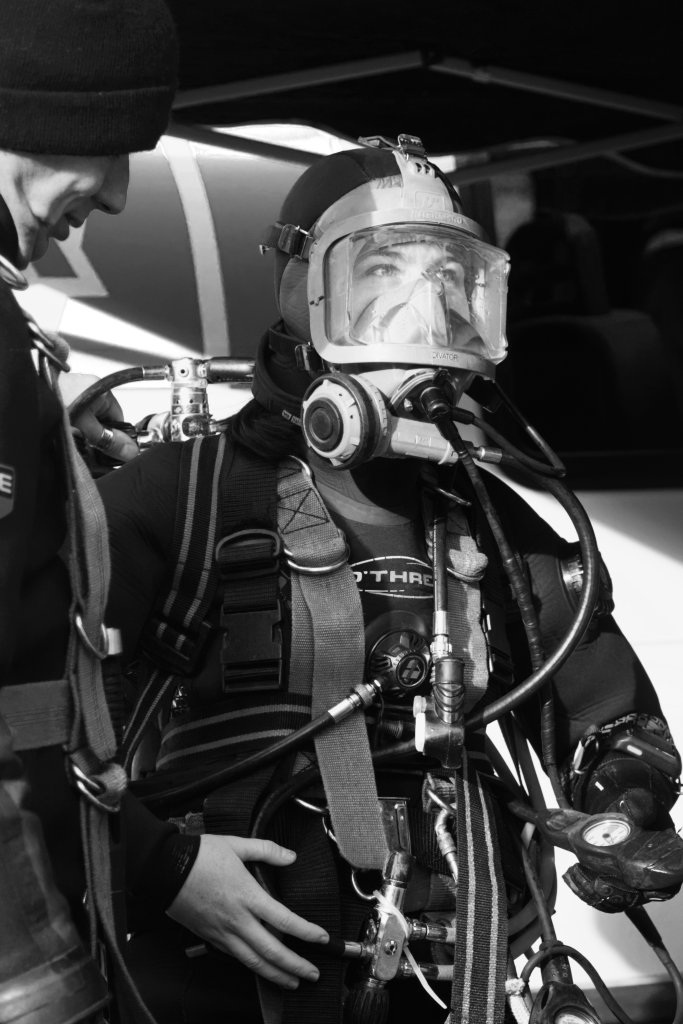
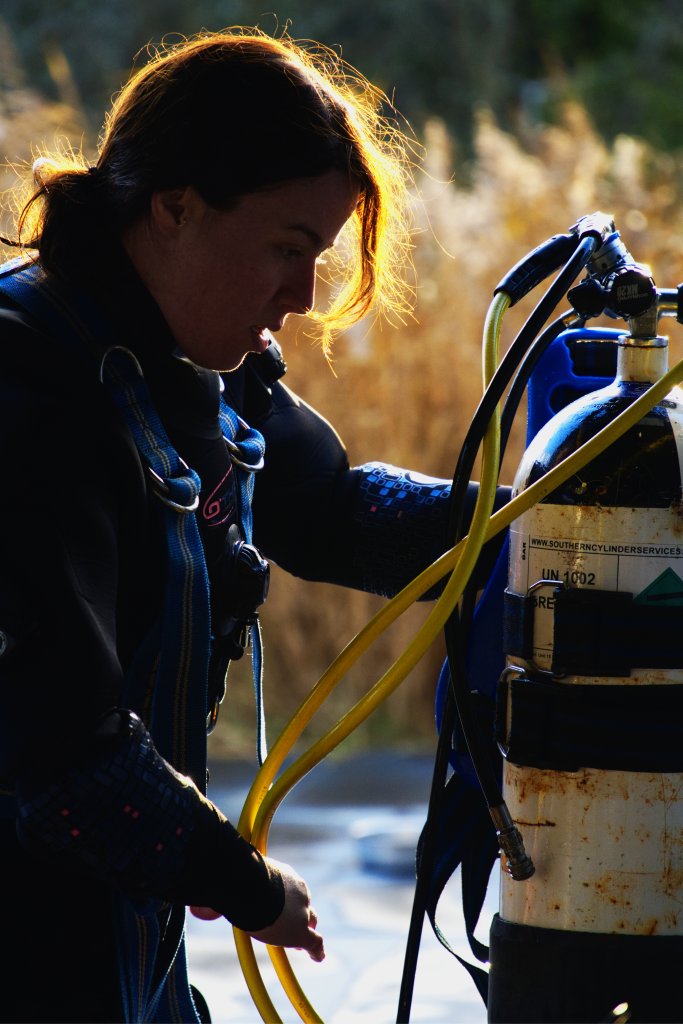
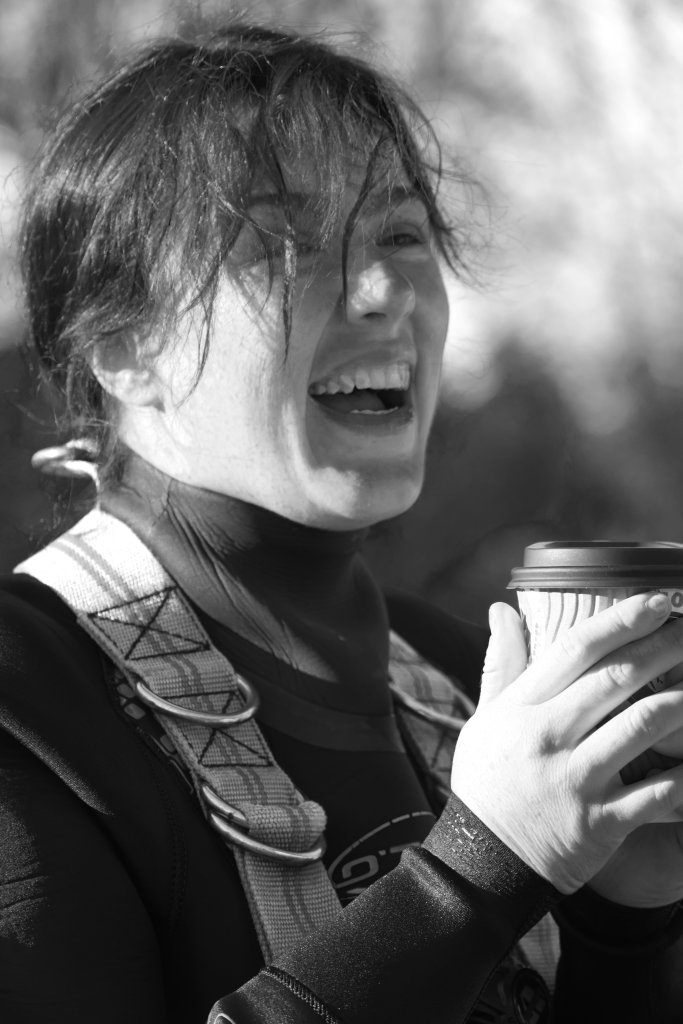
In 2020, I became one of the co-organisers for the CAHO Seminar Series, with the aim of providing more of a platform for the submerged landscape research in human origins as well as encouraging more of a Mesolithic presence in the discussions of human origins (after all, period boundaries are arbitrary!).
I am now a co-chair of the Unravelling the Palaeolithic 2023 Conference Committee. UTP 2023 will take place here at Avenue Campus, University of Southampton on the 31st March to the 2nd April 2023. For more information and to keep up-to-date with the conference details, click here.
If you’d like to know more about my research, check out the talk I did for the CITiZAN Solent Series, ‘Life before the death of a landscape: the submerged world of the Solent’, below:
Research group(s)
Centre for the Archaeology of Human Origins, Centre for Maritime Archaeology
Research project(s)
Submerged Pleistocene – Happisburgh
I have been one of the core dive team on this project since its inception during my Masters at Southampton.
Publications
Co-author
Momber, G., Mason, B., Gillespie, J., Heamagi, C., Satchell, J., Ferreira, R., Noble-Shelley, J. (2021). New evidence from Bouldnor Cliff for technological innovation in the Mesolithic, population dispersal and use of drowned landscapes. Quaternary International, 584: 116-128.
Ferreira, R. and Pascoe, D. (2020). Northumberland (1703): Conservation Statement & Management Plan, Report No. 202/2020. Historic England.
Awards, grants and scholarships
SWW DTP2 Studentship (2021-2024)
In 2020 I was awarded a SWW DTP2 Studentship that allowed me to begin my postgraduate research.
Placement and Skills Development Fund (PSDF) – SWW DTP2 (2021)
In 2021, I was awarded a PSDF by the SWW DTP2 that allowed me to pay for my Health and Safety Executive (HSE) Scuba diving qualification, as well as the pre-requisite qualifications and travel expenses. This training was completed in February 2022. Being an internationally recognised qualification, this training will facilitate my involvement in projects around the world, expanding my networks within the industrial and academic sectors and significantly shaping the future of my research.
Women Divers Hall of Fame – Ocean Wishes Advanced Dive Training Grant (2021)
In 2021, I was also the recipient of the Women Divers Hall of Fame – Advance Dive Training Grant (sponsored by Ocean Wishes). This grant contributed funding, alongside the PSDF awarded by the SWW DTP2, to complete my HSE Scuba diving qualification.
MSDS Marine Student Support Grant (2018)
In 2018, I was the recipient of the annual MSDS Marine Student Support Grant. This grant was designed to support Maritime Archaeology students with career development. The grant was used to purchase personal dive kit to enable me to work more freely on diving projects. You can read more about my experience in this blog post. If you are interested in applying for this grant, please find more information here.
